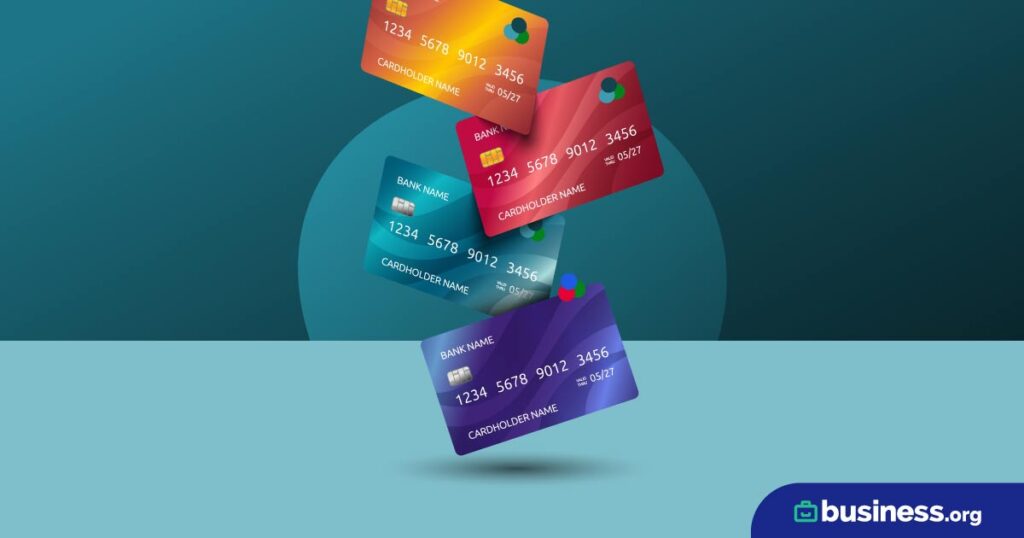We are committed to sharing unbiased reviews. Some of the links on our site are from our partners who compensate us. Read our editorial guidelines and advertising disclosure.
7 Essential Features of Project Cost Management Tools
If you’re still using spreadsheets or whiteboards, it may be time to make the switch to project cost management software to increase work productivity, reduce risk, and measure costs through the full life cycle of a project.
Before choosing a cost management tool, take a look at these must-have key features.
Useful elements of project cost management
1. Cost Estimation
One of the most important elements of a project cost management tool is cost estimation, which is the practice of forecasting the price of a complete project with a defined scope.
There are several types of cost estimation in project management, including fixed, variable, direct, and indirect cost estimation. Because the project scope, project schedule, or other factors can change, it’s important to update price estimates with the help of cost management software so you have an accurate idea of how much the project will cost.
Use software that employs powerful estimation capabilities, such as bottom-up estimation and project portfolio history.
These features will allow your team to measure their performance and make any necessary adjustments. In addition, project estimates will become more refined as you discover variables and actual costs.
2. Budgeting
Once you’ve created an accurate cost estimation in your project management plan, the software you choose should allow you to finalize and approve the project’s budget.
The best cost management tools send project managers weekly and monthly reports on expenses, so you can rest assured that your project never goes over budget, which could cost you thousands in unexpected expenses.
Plus, these tools allow teams to set budget limits based on time or cost. When a project budget is nearing its limit, the software will send you a notification so you can adjust the project’s scope.
Having regular updates on a project’s expenses can offer you important clues about the direction your project is going and whether or not additional action is required.
3. Project performance measuring
Measuring your project’s performance determines if you’re on schedule and within budget. The easiest way to keep track of your project’s performance is by using a dashboard that updates data in real time. Your dashboard should include your cost baseline, planned and actual project costs, schedule variance, and the percentage of completion.
4. Easy reporting
To keep projects running smoothly, find a cost management tool that offers a variety of easy reporting options. If building a report requires a manual or the help of an outside consultant, continue your search. Secure sharing in the cloud for total visibility is also important when it comes to reporting.
By signing up I agree to the Terms of Use and Privacy Policy.
5. User-friendly interface
Cost accounting is difficult as it is, so a user-friendly cost management tool is a must. In fact, 24% of surveyed users say ease of use is the most important element of project management.1 A user-friendly interface can minimize project hiccups and increase your team’s productivity. If you’re struggling to use your tool, you should probably look for another one.
6. Affordability
Small businesses need functional cost accounting tools to achieve business success—but without a hundred-dollar price tag. Fortunately, many of these tools offer low-cost or even free options to help increase productivity while reducing costs. But even if the price is an important driver, carefully weigh the benefits against the price.
Key components of a cost management plan
A cost management plan defines how you manage, control, and communicate a project’s costs—so you complete the project on budget. Project cost management software often makes it easier to create these plans. Although you can customize a cost management plan to fit your unique needs, it generally follows a standard format, which includes items like these:
- Cost variance plan
- Cost management approach
- Cost estimation
- Cost baseline
- Cost control and reporting process
- Change-control process
- Project budget
Cost control techniques
Project managers are responsible for overseeing project goals and carrying out effective cost control. The following are valuable cost control techniques used to boost your bottom line:
- Budget planning
- Cost tracking
- Time management
- Project change controlling
- Earned value use
Simply having a project budget is not an adequate solution. By implementing a project cost management tool, you can automate cost control techniques to ensure that final costs match your forecast.
The takeaway
While there is no perfect project cost management tool, it’s possible to find one that covers the features that are important to you.
What cost management features do you prefer? Let us know in the comments below!
Disclaimer
At Business.org, our research is meant to offer general product and service recommendations. We don't guarantee that our suggestions will work best for each individual or business, so consider your unique needs when choosing products and services.
Sources:
1. Capterra, “Project Management User Research Report”






